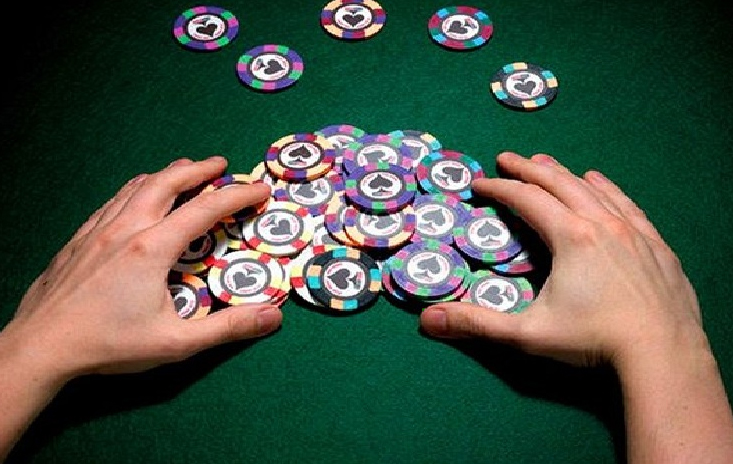Whenever you sign up for a rakeback deal, there are a few factors that you need to assess in order to determine the true value of the deal. While there are countless articles out there about how to assess sign-up bonuses, the same cannot be said about rakeback deals. Not all rakeback deals are the same. The same deal will yield very nice revenue for one type of player, and not be nearly as profitable for another guy.
A rakeback deal’s value should always be sought in the way the poker room in question calculates rakeback. Sure, whether or not the sign-up bonus is subtracted from rakeback also matters, but in the long run, the method used to calculate rakeback is much more important. Here are the different types of methods used by poker rooms to determine a player’s Monthly Gross Revenue or MGR (rakeback is directly dependent on MGR, so rakeback will be calculated in the same way as MGR – depending on which deal you chose).
The dealt rake method takes the total value of the rake taken off a given pot and distributes it equally among all those players who have been dealt into the hand. This way, you’ll be amassing MGR and you’ll be earning rakeback even on hands that you do not generate rake on. This method offers a quaint advantage to tight-passive players who do not like putting money into the pot, while it seriously undermines the efforts of a loose-aggressive, action junkie who ends up generating rakeback revenue for his/her opponents.
The contributed rake method is a little more accurate in determining exactly who contributes money to the pot. The rake is still divided equally, this time however only those who have actively played the hand (put money into the pot) will be eligible for MGR allotment. This rake calculation method eliminates the advantages the dealt method provided for “rocks”. Loose aggressive players will still end up generating MGR for others though.
The weighted contributed rake method is the only one which is truly “fair”. It only allots rake contribution to those who put money into the pot, and it considers how much money each of these guys actually drop. If they put more money into the pot they’ll get more MGR, if they do not put money into the pot, they get zilch. This way, loose aggressive players will only generate MGR for themselves, the same way everyone will be fully responsible for their own MGR.
Of course, the rakeback percentage offered is also important in the assessment of a deal, but make sure you check the rake calculation method and hold it more important because you may get a nice percentage on a deal which you just cannot get rolling.
Ultra-high rakeback percentages usually come with poker prop deals, but these carry far more obligations for a player than any regular rakeback deal.
